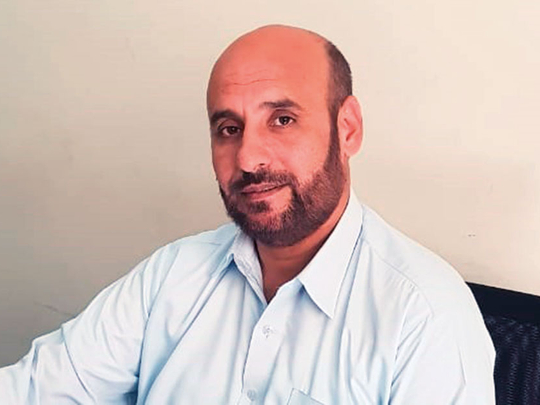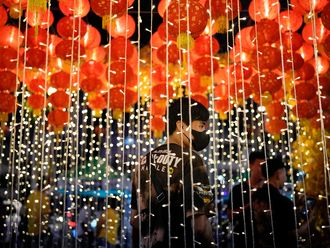
Dubai: Bakhtiar Mohammad, 44, from Afghanistan, works in a transport company business and is a father of seven children.
“Ramadan had a special feel back in my hometown in Afghanistan more than 30 years ago. During Ramadan, I remember when the children used to gather around the masjid [mosque] waiting for the maghrib adhan, and once the children made excited noises, people in the village could tell it was time for iftar.
At that time, people were very poor and there was no electricity, so residents of that village would have to rely on the call for prayers from the masjid, and a lot of times the excitement of the children.
A lot of things have changed from the past. Now, technology has made it easier to find out when it’s time to end the fast through TV, message alerts or the internet. What I also can remember is the fresh milk and yogurt that we used to have during Ramadan, which was extremely tasty.
One particular thing I miss the most was the sounds of the drum beating at 2am to wake up for Suhour. The Suhour drummer in our village had very good drumming skills and would wander the streets to wake up residents every day during the whole month. A lot of people in my village would not have alarm clocks and this was the only way for them to know the time to get up to eat and pray before fasting again.
At that time, my father was the head of the village. I have a good memory of when villagers came together to help passengers who passed through our village from Pakistan. The community assisted the passengers, many were youth and elders, by providing them with bread and water when it was time to break their fast. The masjid was also busy during this period. Many people volunteered to distribute food to the masjid because they know there were many people going to arrive hungry and in such a rural place there weren’t any restaurants or bakeries available. This was a charity service that I truly enjoyed.












